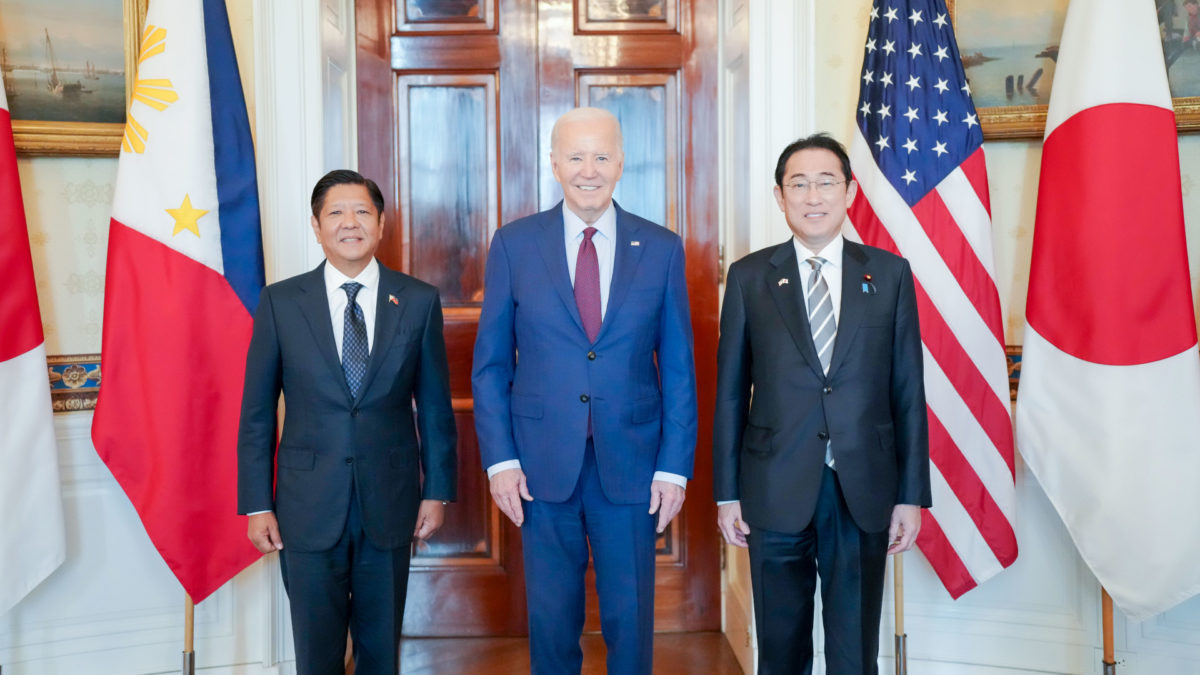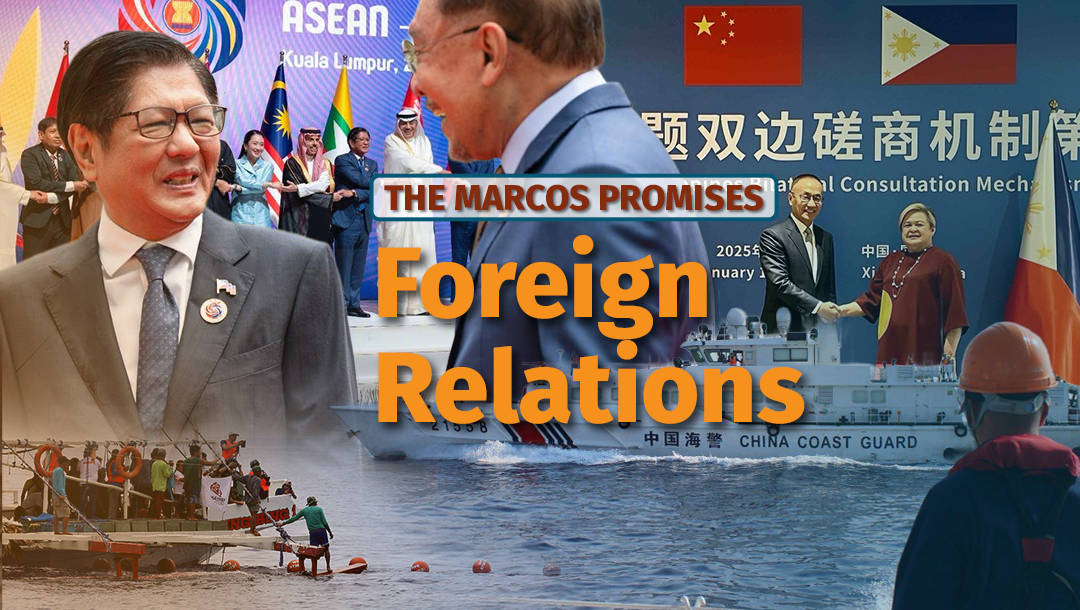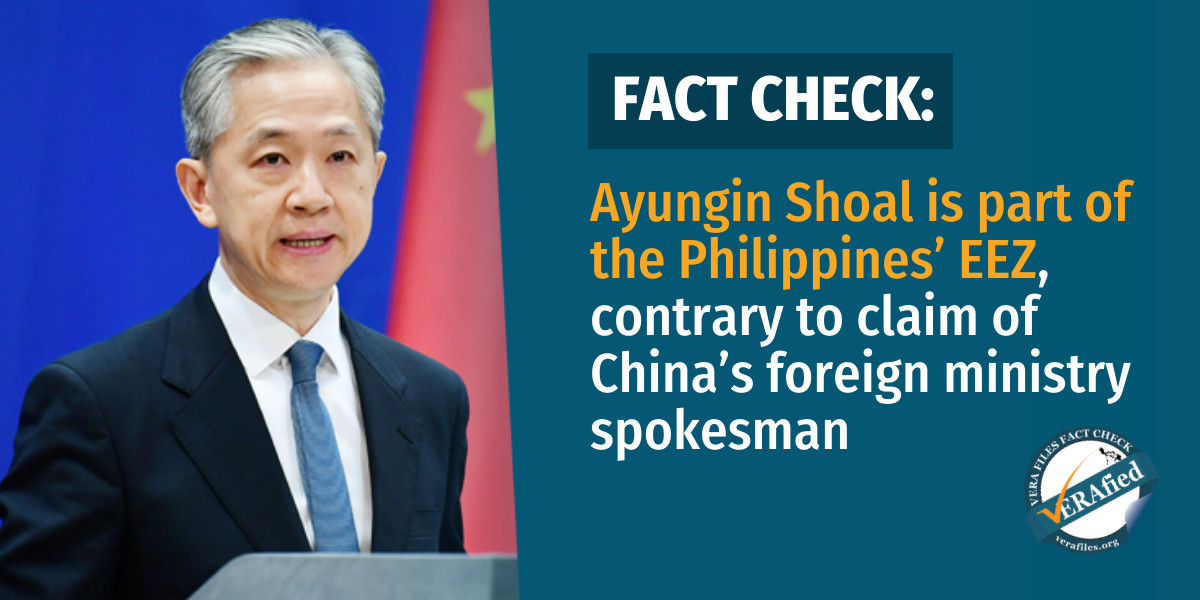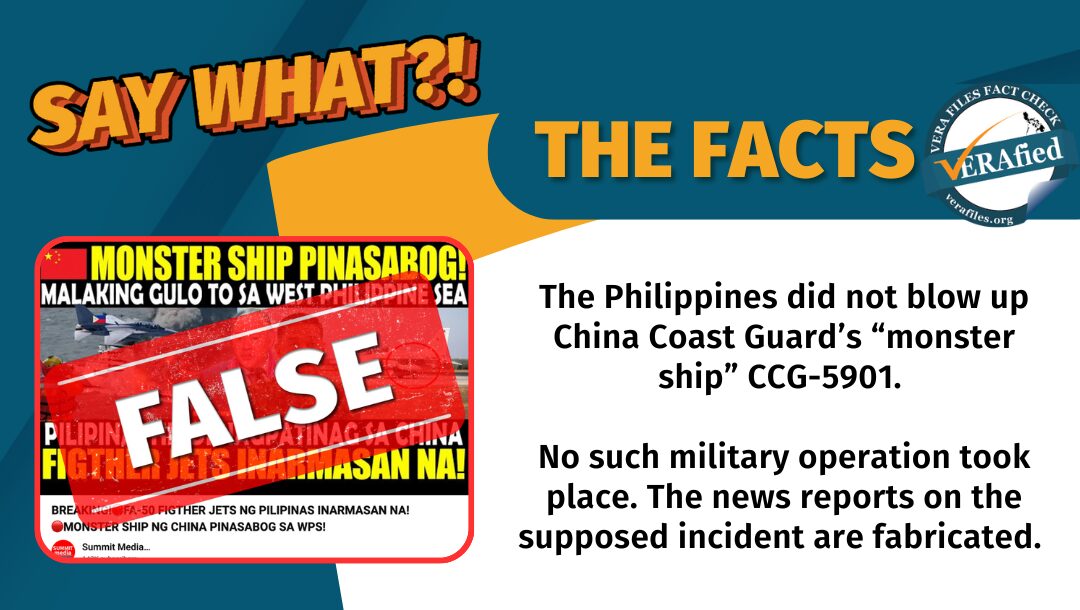Editor’s note: This tracker was updated on July 22, 2025. It was first published on July 18, 2024
(UPDATED) In his second State of the Nation Address (SONA) in July 2023, President Ferdinand Marcos Jr. boasted about the economic benefits of his foreign trips and promised to continue forging more international partnerships that will “lead to a more balanced trade strategy and a healthier economic position.”
Indeed, in his second year in office, Marcos made 15 foreign trips to 11 countries. Travel funds for his office increased by P507 million in the 2024 national budget— from P893 million in 2023 to P1.4 billion.
Because of this, the president drew flak from critics for what they described as “excessive” traveling. Marcos, however, defended the necessity of his overseas trips.
While in Berlin last March, the president responded to his predecessor, former president Rodrigo Duterte, who referred to his foreign travels as “pasyal-pasyal lang (just strolling around).”
“We don’t make pasyal (We don’t stroll). Even in the places that I know, where I have spent a lot of time with, hindi ko na napupuntahan ‘yung mga dati kong pinupuntahan (I no longer go to places I used to frequent) because we’re here to do this” he said, showing a piece of paper detailing his schedule for the day.
Aside from the promise of more investments resulting from his foreign trips, Marcos swore to “protect our sovereign rights” and “preserve our territorial integrity.”
The Philippines continued to face harassment from China in the West Philippine Sea (WPS) and as of writing, the Marcos administration has filed a total of 163 diplomatic protests over China’s presence and intrusive activities within the country’s exclusive economic zone.
The most recent and controversial incident happened last June 17, when personnel of the China Coast Guard brandished bladed weapons and rammed a Philippine government supply ship during a resupply mission to BRP Sierra Madre on Ayungin Shoal.
Concerns over tensions in the WPS were raised last April in a trilateral summit Marcos had with United States President Joe Biden and Japan Prime Minister Kishida Fumio. All three countries reaffirmed their commitment to “a peaceful, secure, and prosperous Indo-Pacific.”
And on July 8, the Philippines signed a defense pact with Japan that allows Filipino and Japanese armed forces to undergo joint combat training.
Marine scientists from the University of the Philippines conducted a scientific survey on Escoda Shoal and revealed last June that almost a hundred percent of the corals in the area are already dead.
To address the marine destruction in the area, which the government suspected to be China’s doing, the Department of Justice said it is intent on working with the Office of the Solicitor General to study a possible tribunal case against China.
Take a look into how Marcos fared in his two promises related to foreign relations:







